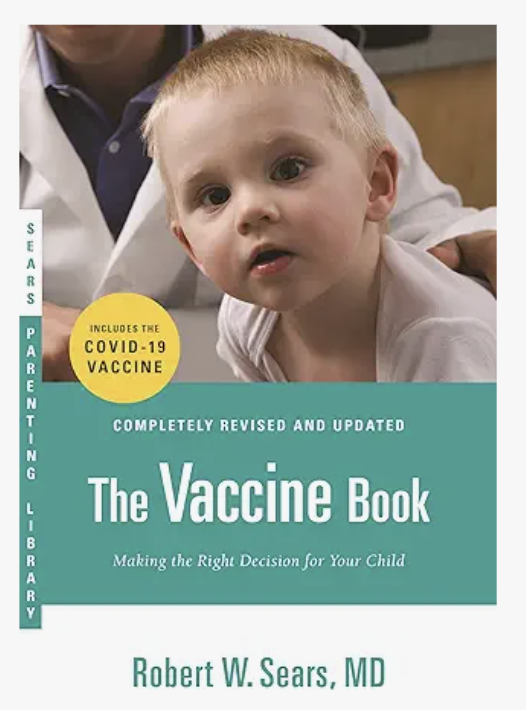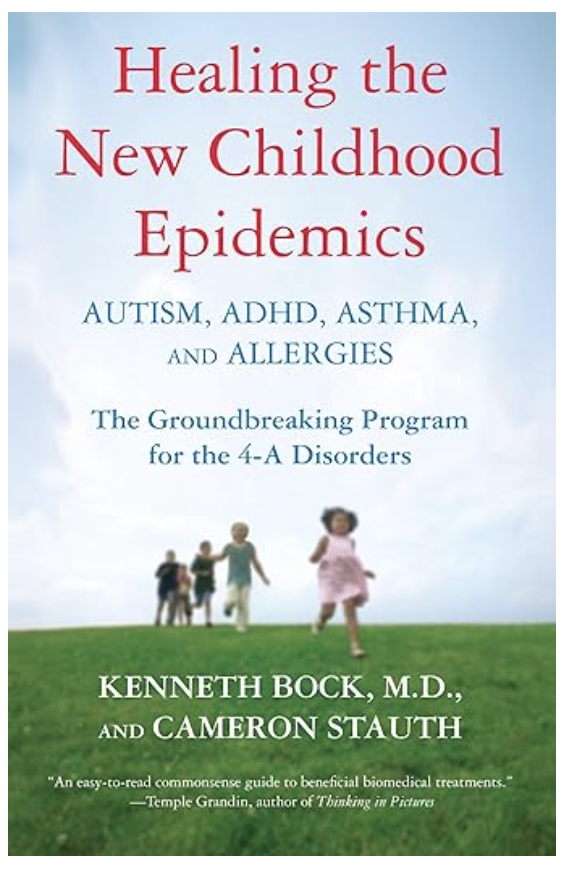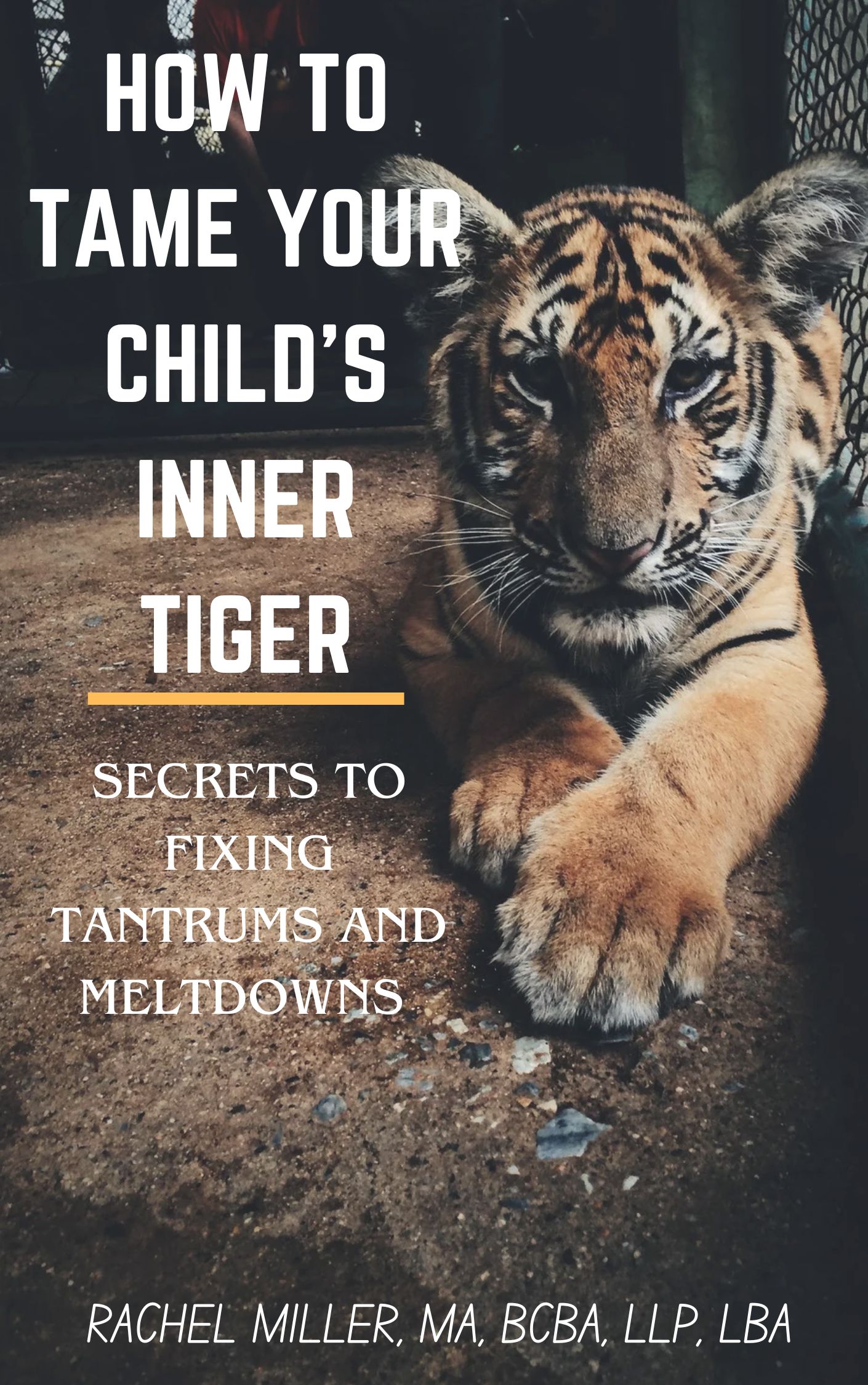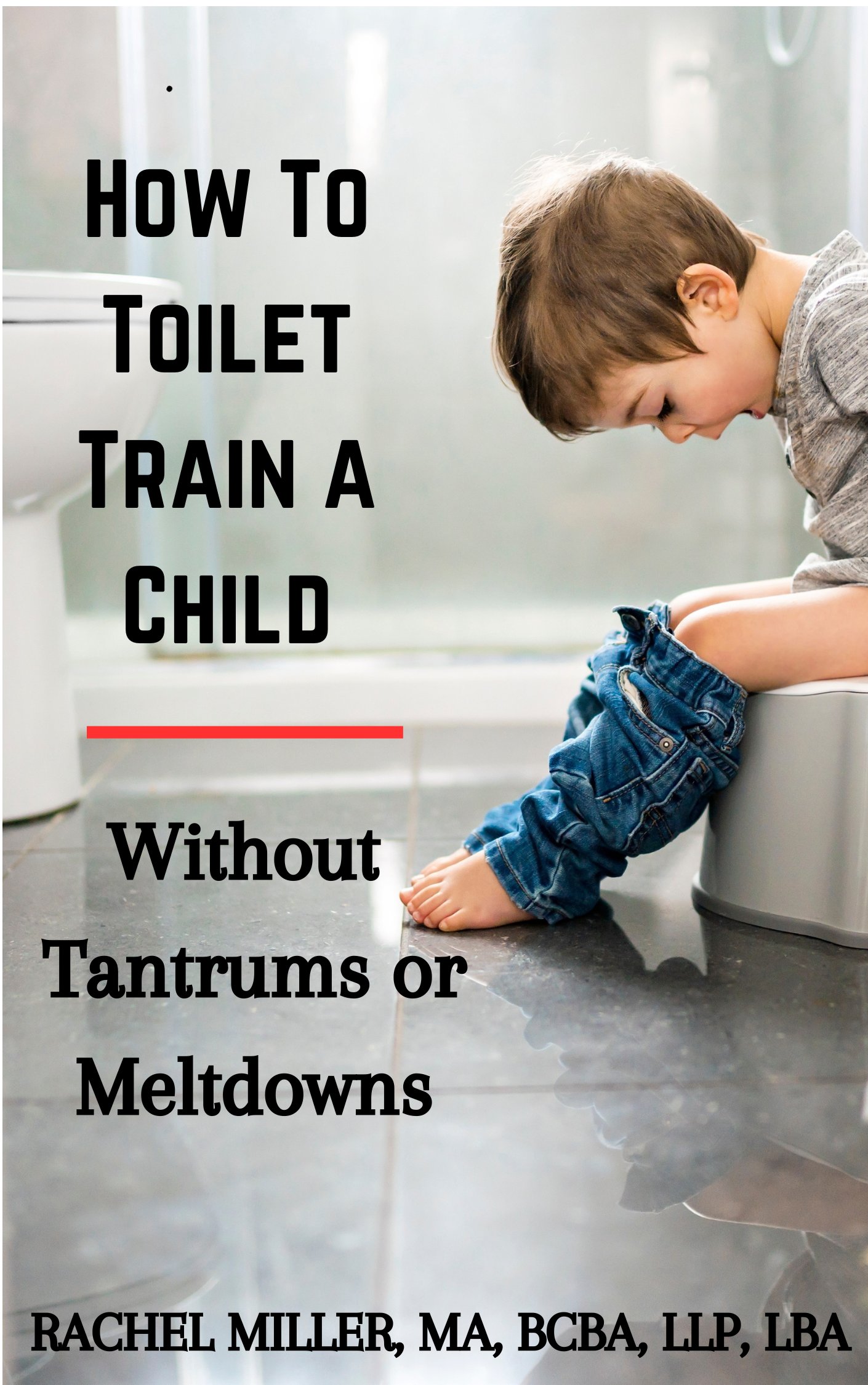Do Vaccines Cause Autism?
Exploring the Concerns Behind Childhood Immunizations

The question of whether vaccines cause autism remains one of the most debated and emotionally charged topics among parents, researchers, and healthcare providers. Despite widespread medical consensus that vaccines are safe and do not cause autism spectrum disorder (ASD), concerns persist among many families—especially those who report behavioral or developmental changes in their children following immunizations.
This guide does not aim to convince you to vaccinate or avoid vaccination. Instead, it presents current theories, concerns, scientific findings, and reported trends related to the idea that certain vaccines may cause autism, so you can make an informed decision based on the full range of available information.
The Origins of the Theory That Vaccines Cause Autism
The theory that vaccines cause autism first gained traction in the late 1990s after British surgeon and researcher Andrew Wakefield published a study linking the Measles-Mumps-Rubella (MMR) vaccine to autism. His research was eventually discredited due to conflicts of interest and flawed methodology, and the study was formally retracted. However, Wakefield’s claim sparked a global conversation, and for many parents, it raised questions that still haven't been fully resolved in their minds.
Even though the medical community no longer supports Wakefield’s conclusions, countless parents have shared anecdotal experiences suggesting a strong correlation between their child receiving a vaccine—especially MMR—and the sudden onset of autism symptoms.
Why Some Believe Vaccines Cause Autism
If vaccines are scientifically considered safe, why does the idea that vaccines cause autism persist?
Here are a few factors:
- Timing of symptoms: In many cases, the first signs of autism appear between 12 and 18 months of age—around the same time many childhood vaccines, such as MMR and DTaP, are administered.
- Parent-reported observations: Some parents report developmental regression, language loss, or behavioral changes shortly after vaccination.
- Adverse effects listed by the CDC: While rare, some side effects of vaccines include seizures, fever, and even permanent brain damage. These effects are documented by official sources such as the Centers for Disease Control and Prevention (CDC) and may raise concern, especially for parents of children with existing medical vulnerabilities.
Although scientific studies have failed to establish a causal link between vaccines and autism, the overlap between vaccination schedules and the typical onset of autism symptoms remains a point of anxiety for some families.
Vaccines Most Commonly Associated With Autism Concerns
1. MMR (Measles, Mumps, Rubella)
The MMR vaccine is the most frequently questioned immunization in discussions around whether vaccines cause autism. Wakefield’s initial research connected the MMR vaccine with gastrointestinal problems and autism-like symptoms in children. Though disproven, MMR skepticism continues among some groups.
2. DTaP (Diphtheria, Tetanus, Pertussis)
Some parents have expressed concern about the DTaP vaccine, especially after the CDC listed rare side effects such as seizures and long-term neurological complications. These effects, while statistically uncommon, are alarming enough to prompt additional research by skeptical parents.
3. Influenza Vaccines (Flu Shots)
Some flu shots still contain thimerosal, a mercury-based preservative that has long been a focus in debates about whether vaccines cause autism. Although thimerosal has been removed or reduced in most childhood vaccines since 2001, certain flu vaccines and adult doses may still contain trace amounts. Concerns are amplified when the flu vaccine is administered during pregnancy.
Are Vaccine Ingredients to Blame?
Another concern among parents and researchers lies in the ingredients of vaccines themselves. Those questioning whether vaccines cause autism often cite the following:
- Thimerosal (mercury): Once commonly used in vaccines, this preservative has largely been phased out, though it still appears in some multi-dose flu vaccines.
- Aluminum: Used to boost immune response, aluminum is under scrutiny for its possible role in neurological development.
- Formaldehyde: A trace component in some vaccines, though naturally found in the human body.
- Aborted fetal tissue: A highly controversial issue, some vaccines—including the MMR and varicella (chickenpox) vaccines—were developed using human fetal cell lines. Groups such as the Sound Choice Pharmaceutical Institute (SCPI) believe there is a correlation between the introduction of these vaccines and spikes in autism diagnosis rates.
SCPI’s Findings: Autism Rates and Vaccine Timeline Correlations

The Sound Choice Pharmaceutical Institute highlights specific years—1981, 1988, and 1995—as points when autism diagnoses began to rise sharply. These dates appear to correlate with:
- 1979: Introduction of human fetal rubella vaccine (MMR II)
- 1988: Addition of a second MMR II dose
- 1995: Introduction of the chickenpox (varicella) vaccine, also developed using fetal cell lines
Although correlation is not causation, these data points have intensified the debate about whether vaccines cause autism and what specific ingredients or processes may play a role in neurological development.
Possible Adverse Reactions That Resemble Autism Symptoms
The CDC lists rare but serious side effects for several childhood vaccines, including:
- High fever
- Seizures
- Loss of consciousness
- Permanent brain damage (extremely rare)
Because many children diagnosed with autism also suffer from seizure disorders, some parents and researchers suggest that these side effects—though not the same as autism—may share overlapping neurological causes or triggers. This has contributed to the continuing belief among some parents that vaccines cause autism or at least act as a catalyst in vulnerable children.
So, Do Vaccines Cause Autism?
The scientific consensus currently holds that vaccines do not cause autism. Large-scale studies involving thousands of children have found no credible evidence supporting a link. However, the medical community also acknowledges that:
- Individual reactions to vaccines vary.
- Genetic and environmental factors may influence how a child responds to immunizations.
- More research is needed to understand the root causes of autism fully.
What Parents Can Do
If you’re worried about whether vaccines cause autism or want to explore all possible precautions, here are some steps you can take:
- Research vaccines and ingredients before each appointment.
- Ask your doctor if preservative-free or single-dose vaccines are available.
- Consider spacing out vaccines if you're concerned about overload.
- Track your child's development before and after vaccinations.
- Discuss your concerns openly with a trusted pediatrician.
If you do notice any type of reaction after a vaccine, be sure to make a report to the CDC here: https://www.cdc.gov/vaccine-safety-systems/vaers/access-use.html
I also recommend checking out the following books...
#affiliateprogram
If you haven't already, be sure to check out my ebooks, now on Amazon!
References
1. Stanek, J. (2010). Vaccines made with fetal cells causing autism? World Net Daily. 9-7-11.



